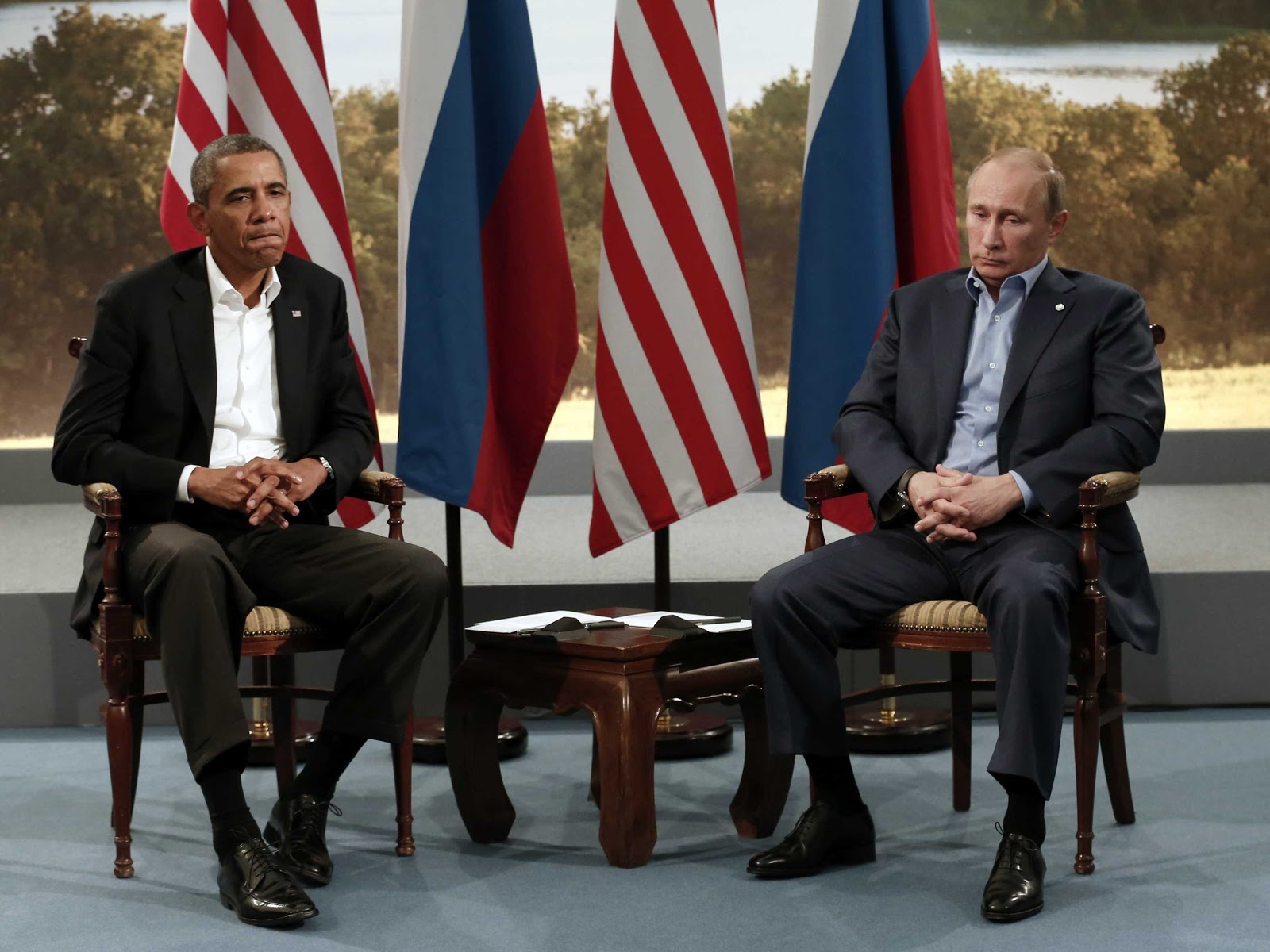Stopping Terrorism or Proxy War with Russia?
Earlier this year on Meet the Press, John Kerry criticized Putin’s invasion of Crimea stating, “You don’t in the 21st century, behave in 19th century fashion by invading another country on completely trumped up pretext.”
The irony of this seems to have been lost on John Kerry and a vocal percentage of the American public who seem to have forgotten about the 2003 invasion of Iraq and the following American occupation based on trumped up and ultimately false accusations of possessing weapons of mass destruction. Similar (and more accurate) accusations were leveled against Syria’s admittedly brutal dictator Bashar Al Assad as an excuse to facilitate U.S. support for insurgent groups to oust the Russian ally. As a direct result of U.S. intervention in the Middle East radical Islamist groups such as ISIS have gained control of territory previously held by more secular and moderate leaders such as Saddam and Assad. This resulted in hundreds of thousands killed and millions displaced, severely destabilizing the region.
U.S. foreign policy is either comically inept or ruthlessly effective depending on its goal. If we are trying to promote stability, peace, and democracy, we are comically ineffective. If we are looking to enrich the MIC while curbing the influence and power of rivals like China and Russia, we are incredibly effective. Almost everywhere we have intervened in the last 10 years to remove Russian allies has been a disaster from a humanitarian standpoint, yet at the same time, we have been successful in removing Gaddafi, Saddam and ex Ukrainian president Yanukovych, and severely weakening the Assad regime. The U.S. pays lip service to anti-terrorism, human rights and democracy, yet in practice, they will do whatever it takes to remove decent leaders like Gaddafi who lean toward Russia, even if it means the end result is civil war or the rise of a radical Islamist caliphate.
The current rhetoric is escalating rapidly with regard to Ukraine, and the U.S. is looking for excuses for further intervention. While Putin is typically portrayed as an aggressor, what most pundits fail to mention are the details of how the U.S. and the E.U. actively worked to destabilize a democratic Ukraine and oust ex Ukrainian president Yanukovych as he decided to pursue closer ties with Russia instead of the E.U.
Ukraine is a country divided by ethnicity and language, with many ethnic Russians residing in Eastern Ukraine and in favor with closer ties with Russia. Many residing in the west are ethnic Ukrainians who hope for closer ties with Europe. Given this information, a split of Ukraine and the annexation of the east into Russia does not seem like an irrational solution.
In Europe, the U.S. should tone down the rhetoric over Ukraine and respect Russia’s sphere of influence while maintaining existing NATO obligations. In the Middle East, the U.S. should extricate itself from pointless conflicts and sisyphean nation building so that more money and energy can be spent addressing domestic issues. At this time, President Obama is trying to built a coalition that will support further airstrikes in Syria. I somewhat suspect ISIS may only be serving as a pretext for using air force to remove Assad. We occupied Iraq for over 10 years with over 100,000 troops spending over a trillion dollars and couldn’t decisively control the country. It is inconceivable that 800 military advisors $500 million in aid and air strikes will be able to change the region.
To close with a quote from Douglas MacArthur that I believe applies in this case: “The talk of imminent threat to our national security through the application of external force is pure nonsense. Our threat is from the insidious forces working from within which have already so drastically altered the character of our free institutions — those institutions we proudly called the American way of life.”
[yop_poll id="27"]
